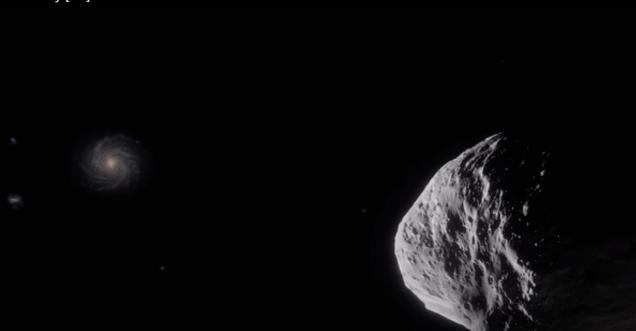
What are other universes?
The concept of other universes, often called "multiverses," arises from various physics, cosmology, and philosophy theories. These theories suggest the possibility of universes beyond our observable universe.
Here are a few concepts related to other universes:
1. Many-Worlds Interpretation (MWI): In quantum mechanics, the Many-Worlds Interpretation posits that every quantum event with multiple possible outcomes creates various parallel universes, each representing a different outcome. In this view, every possible outcome of every quantum event occurs in its separate universe.
2. Bubble Multiverse: Inflationary cosmology, a widely accepted theory about the early universe, suggests that our universe underwent rapid expansion. Some versions of this theory propose the existence of multiple "bubble" universes within a larger cosmic landscape. Each bubble universe could have its own set of physical laws and constants.
3. String Theory and the Landscape: String theory, a theoretical framework in physics, proposes that the universe's fundamental building blocks are not point particles but tiny strings. String theory allows for a vast "landscape" of possible vacuum states, each corresponding to a different set of physical laws. This landscape could give rise to multiple universes with varying properties.
4. Parallel Universes: The term "parallel universe" is often used informally to refer to any concept of multiple universes existing alongside our own. These universes may have different physical laws, constants, or dimensions, making them inaccessible and unobservable from our universe.
5. Mathematical Universe Hypothesis: Some philosophers and physicists propose that all mathematical structures exist as real entities and that every possible mathematical structure corresponds to a different universe. In this view, the multiverse is a mathematical construct.
6. Brane Cosmology: In brane cosmology, our universe is a three-dimensional "brane" embedded in a higher-dimensional space. Other branes could exist in this higher-dimensional space, creating the possibility of parallel universes with different properties.
Notably, these ideas are largely theoretical and often the subject of intense debate and ongoing research. While they capture the imagination and offer potential explanations for some unresolved questions in physics and cosmology, direct evidence for other universes remains elusive. These concepts represent different approaches to understanding the fundamental nature of the cosmos and our place within it.

















